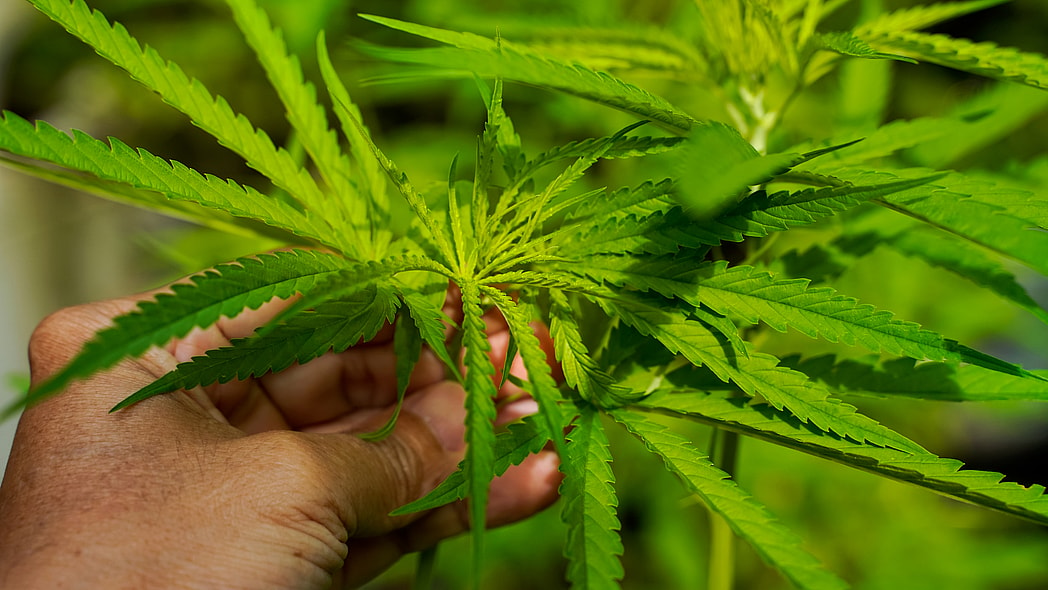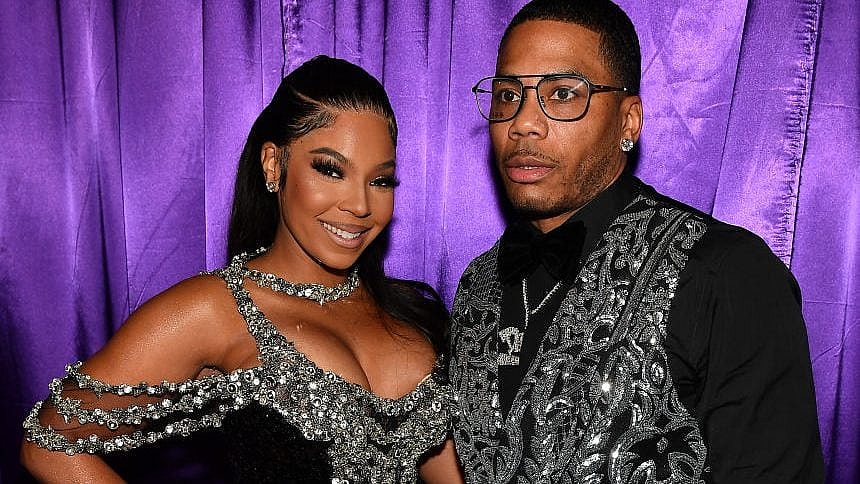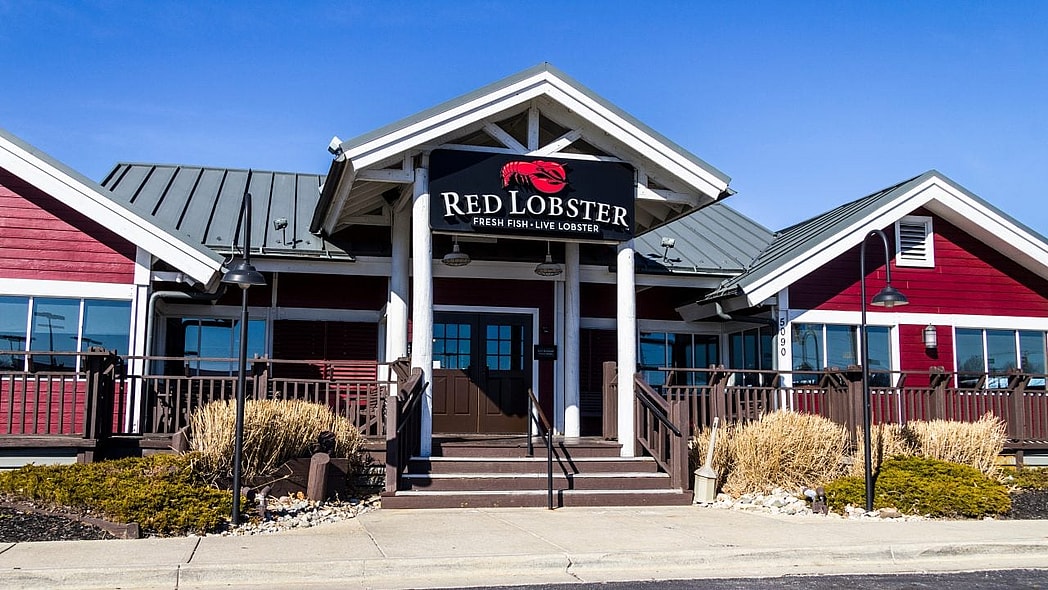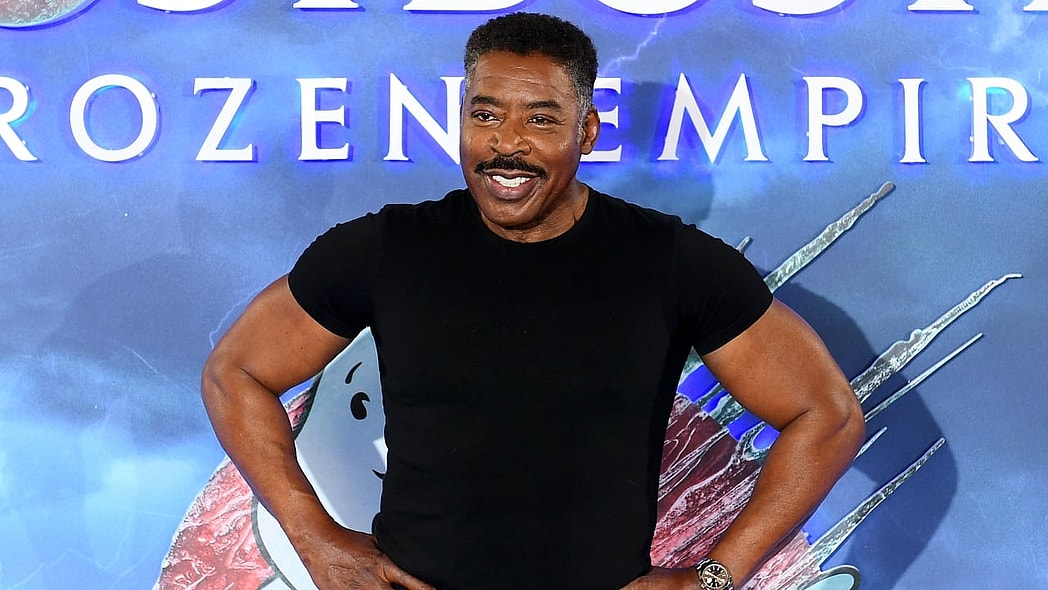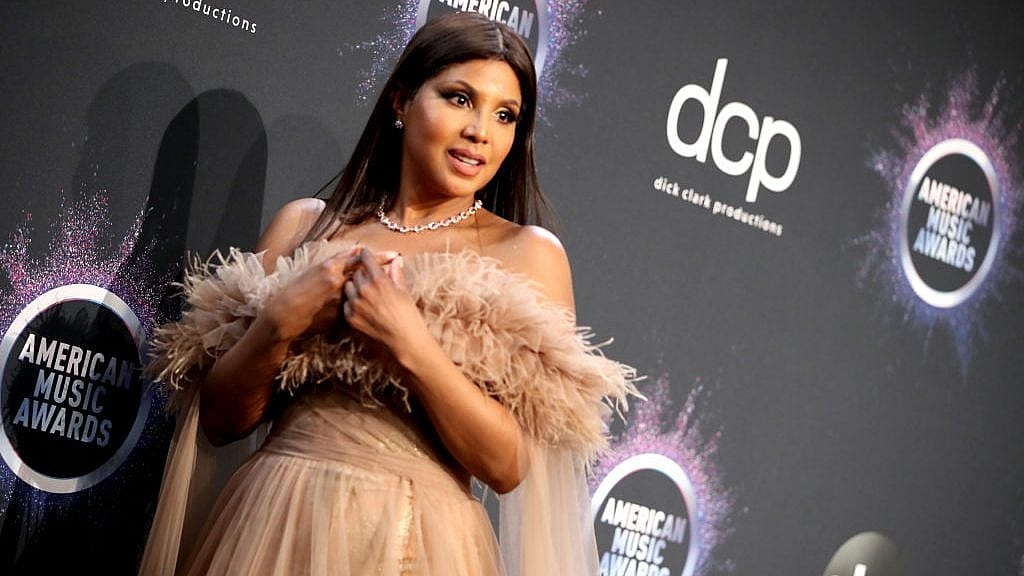In 2021, when Whitney Beatty opened the doors of her South Los Angeles cannabis dispensary, Josephine & Billie’s, she joined a rare and unique tribe: Black women entrepreneurs in cannabis.
More Black women have joined Beatty in the industry since then, including Hope Wiseman of the Maryland-based Mary & Main; Mary Pryor, founder of the cannabis-focused wellness brand Sheba Baby!; and Mia Ray’s GRL Cannabis Club. However, Black women entrepreneurs are still underrepresented.
When Beatty learned that theGrio was working on a story capturing Black women’s experience in cannabis, she jokingly replied: “Is it a short story? There’s so few of us!”
To date, cannabis has been legalized in 24 U.S. states for recreational use. There are over 15,000 dispensaries around the country but Black people in the industry, and especially Black women, remain rare finds. According to Vangst’s latest annual cannabis job report, the multibillion-dollar industry has created 440,445 jobs and counting in the U.S. However, Black entrepreneurs and founders still only represent 2%.
When Dominique Moses joined the industry in 2020, after losing her job in luxury retail during the COVID-19 pandemic, she recalls not seeing many Black and brown faces beyond the “budtender” level.
“Representation [in the cannabis industry] really does matter,” said Moses, who currently works as the director of people and operations at Ivy Hall, based in Chicago. “Being able to see someone who looks like you and has a similar walk of life in a seat that can really impact the quality of your career and trajectory of where your career in life is going. It really has made all the difference.”
Lack of representation in an emerging yet already booming industry is a multipronged issue that can become even more nuanced throughout the country. In some states, like California, there are steep sales taxes that cannabis businesses are required to charge. In other areas, like Chicago, the market is not only highly taxed but oversaturated. Not to mention the difficulty many entrepreneurs face in attempting to raise funds to launch a business — a venture that doesn’t qualify for bank loans. Cannabis is still considered illegal on the federal level and banks aren’t allowed to subsidize the steep costs of opening cannabis-based businesses.
Overcoming these hurdles often requires creativity and more than a little ingenuity. Moses’ role is representative of those who have transferable skills beyond growing and selling the product that could benefit the industry. Pryor, who runs Sheba Baby! while maintaining a successful advertising career, doesn’t recommend cannabis being a singular hustle.
“If you want to work hard, then let’s get it,” she said. “But please know that this space and what it is to be financially stable might not be the space you even want to dedicate your whole time to.”
Pryor is gearing up to release a documentary film co-produced by Rosario Dawson and Colin Kaepernick entitled “Kiss My Grass” that will explore the pitfalls of the industry, especially as it pertains to Black founders.
Beatty’s perspective isn’t far off from Pryor’s; the entrepreneur candidly stated that the average person or entity launching a dispensary will need to be “sitting on $2.5 million” in order to open their doors and actually make a profit. For her, that leap of faith meant using most of her generational wealth to open Josephine & Billie’s. Additionally, Moses noted that the so-called “green rush,” hoped for by many new entrants, burst at least two years ago. In fact, Vangst reports that for the first time since 2012, industry jobs across the board declined by over 2% in 2023.
“If anyone tells you that it’s the green rush and that money is coming from the sky, run the other direction,” Beatty advised.
Recommended Stories
Then, there’s the matter of social equity initiatives. Devised to increase Black and brown involvement in the industry, many initiatives around the country are under threat before even gaining steam, which contributes to more hurdles and outright barriers to entry.
“If you care about that, you should know which brands you’re supporting,” Pryor said.
Beatty explained, “All cannabis companies aren’t rich. A lot of these companies are struggling to survive. It does matter when you walk into the dispensary who you decide to support. It’s important that you think about the dispensary that you walk into and that you’re supporting people in your community.”
Despite the red tape, lack of a green rush, and social equity initiatives under threat, several Black cannabis entrepreneurs have pushed through and achieved major success. Pryor is proud of the brand she’s cultivated and the product she’s put on the market. Beatty happily serves the South Los Angeles community at affordable prices. Moses can’t believe how far Ivy Hall has come since she became one of its first employees four years ago. Still, it’s as much a labor of love as commerce.
“You have to love it,” Beatty said. “Because it is not something that comes easy. It’s not something that comes fast.”
Moses also noted the inherent paradox of being a Black woman in an industry that is thriving despite a fraught legacy with the plant that has devastated countless Black lives.
“So many people who look like me have had their lives impacted; their family’s lives, and children’s lives. They’ve had to be removed from their family’s lives or be in jail or have these huge fines associated,” Moses said. “So for me to be able to say I legally sell cannabis, it’s really rewarding.
“It goes back to that representation and having to sit at these tables with people who don’t look like me and having to be able to be the voice for the people who have not had that opportunity. You know, I don’t take that for granted.”
Kay Wicker is a lifestyle writer for theGrio covering health, wellness, travel, beauty, fashion, and the myriad ways Black people live and enjoy their lives. She has previously created content for magazines, newspapers, and digital brands.
Never miss a beat: Get our daily stories straight to your inbox with theGrio’s newsletter.




